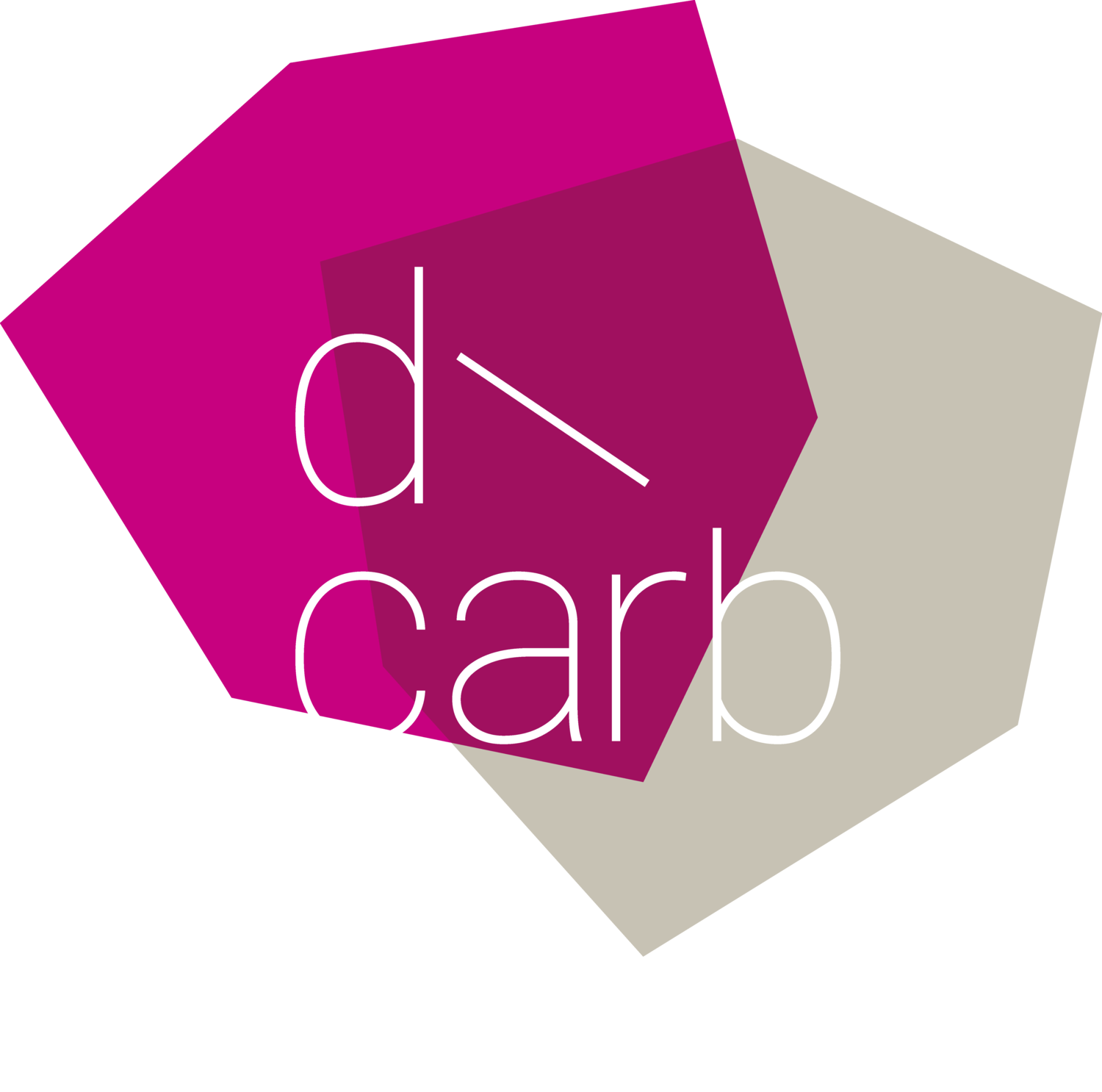Online
Additional material
Speakers
Tara Shirvani (Senior climate change advisor)
Andrew Apampa (Convergence Blending Global Finance)
Alexander Vasa (Inter-American Development Bank)
Event description:
Article 9 of the Paris Agreement calls for high-income countries to provide financial support for low-income countries to help pay for climate mitigation and adaptation efforts. Industrialized countries committed to collectively mobilise US$100bn per year from public and private sources by 2020 through 2025. Yet eight years on from Paris, the implementation of this commitment is lacking and blended finance falls short of expectations. Notwithstanding the challenges in executing the commitment, international climate finance receives little attention beyond the occasional discussion ahead of COP climate talks. The lack of follow-through puts the net-zero transition of large parts of the world at risk. It slows down mitigation activities, undermines decarbonisation timelines and leaves the most vulnerable unprotected from escalating climate impacts.
One month after the conclusion of COP28, we want to dedicate this event to discussing the bottlenecks in international climate finance and their underlying root causes. What is needed to ensure that developed country parties fully deliver on the US$100bn per year goal through to 2025? How can additional private capital be mobilized for mitigation and adaptation projects? This event seeks to explore how to deliver finally on climate finance until 2025 and beyond. The focus lies on identifying applicable solutions for overcoming persisting obstacles and showcasing best practices for implementing blended finance. Quick delivery of the US$100bn goal will be essential to rebuild trust and provide low-income countries with assurance of predictable support.
The following questions will guide the discussion:
What are the reasons behind the repeated shortfall in delivering the committed sums of climate finance? What factors impede the broader adoption of blended finance?
How to overcome the barriers that hinder international climate investments in the Global South? How to increase the scale, improve effectiveness of, and simplify access to, climate finance?
How should the post-2025 agenda for international climate finance look like? Which lessons learned from recent years should be taken into account to define a meaningful post-2025 agenda?
Tara Shirwani works as Senior Advisor for Sustainability and ESG in the investment management and private equity industry following a decade of service in multilateral development banks. She holds a PhD in Renewable Energy and Biofuels from the University of Oxford.
Andrew Apampa is a finance professional and CFA charter holder with over seven years of professional experience in development-focused investment research. In his current role, he is developing blended finance trends analysis and benchmarks. Andrew holds a master’s degree in Sociology from the University of Cambridge.
Alexander Vasa is a senior specialist in capital markets and financial institutions at the Inter-American Development Bank with more than 10 years of experience in designing, assessing and implementing financial mechanisms for climate and sustainable finance programs. He holds a PhD in Law and Economics from University Erasmus Rotterdam.
Tagged: event

